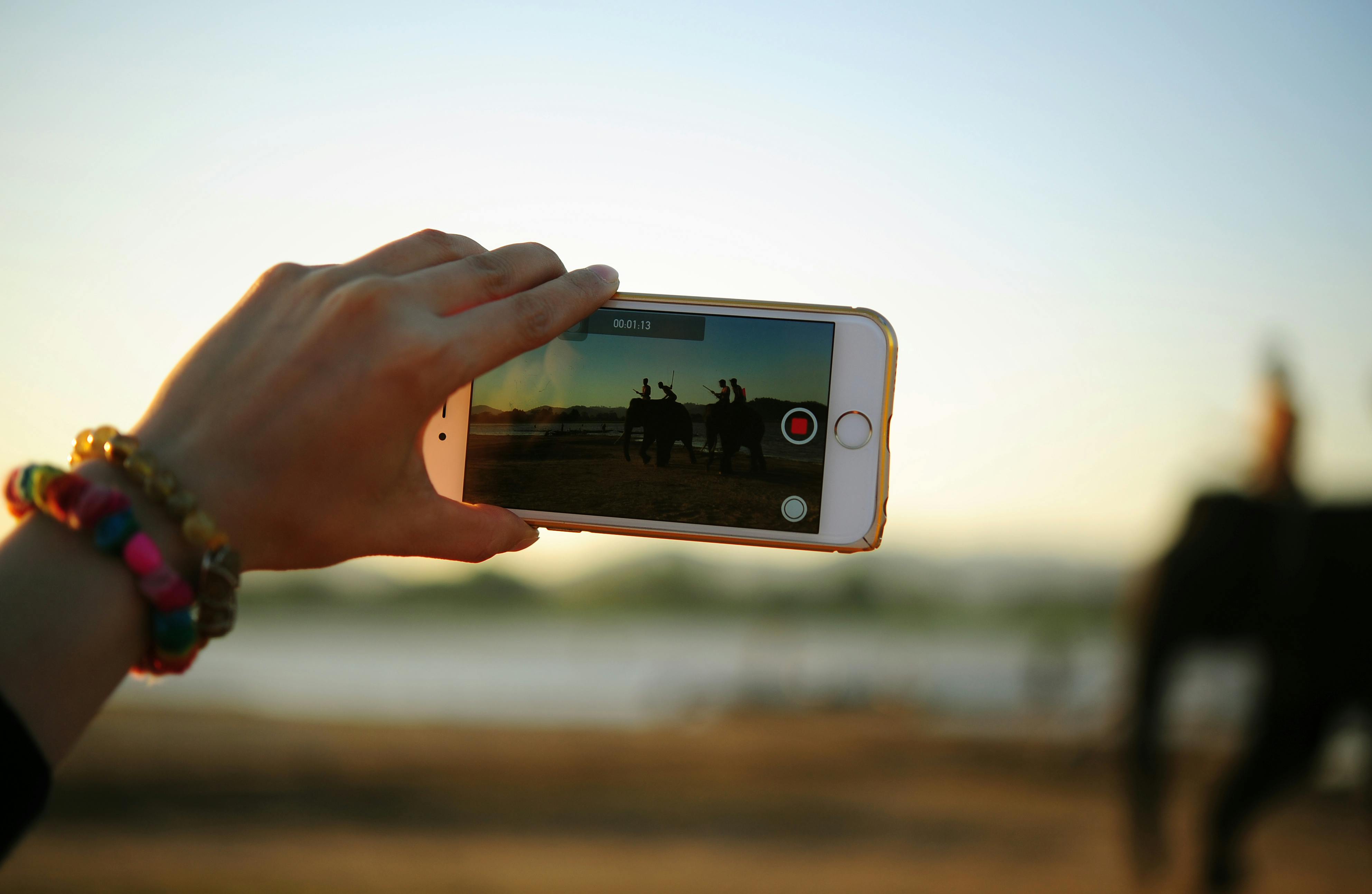
Prepaid SIM Card for Fiji
admin
- 0
The people of Southeast Asia were the first inhabitants to come to Fiji and that was long before the European explorers, who arrived in Fiji in the 17th century. Evidence of Fijian settled inhabitants has been found in potteries that have been excavated and it is estimated that Fiji had settlements as early as 1000 BC Fiji was inhabited primarily by Indians from India and was perceived to have a government dominated by the Indo-Fijian community (India). This was interrupted by a military coup in 1987 and in the same year another similar coup replaced the British Monarchy and Governor General with a non-executive president. The country changed its name from the Dominion of Fiji to the Republic of Fiji and then the Republic of the Fiji Islands in 1997.
Polynesians and Melanesians migrated to the South Pacific centuries ago and now Fiji’s population is a mixture of both. Hired workers were brought from India between 1879 and 1916 to work in the sugar cane fields. The Indian population in Fiji quickly grew to 60,000 after the hired workers that were brought in. There was more Indian migration to the country in the 1920s and 1930s, forming the core of Fiji’s business class. Indo-Fiji’s population declined due to emigration and lower birth rate and currently constitutes around 37% of Fiji’s total population. From the 1940s to the 1980s, they were the largest ethnic group within the Fijian community.
The Fiji Museum is located in the middle of the Suva Botanical Gardens and houses the remarkable archaeological collection, dating back 3,700 years. The museum also features cultural objects belonging to both the indigenous people of Fiji and those who have settled on the island group for the past 100 years. There are excellent trinkets from the past on display in the museum. You will also find some larger objects like traditional canoes on display in the museum. The Cultural Center at Pacific Harbor offers theatrical displays of Fiji’s past and present culture.
The beaches of Viti Levu are not ideal for beaches as we know them. The coast is heavily covered with mangrove forests and when the beach appears it is often muddy. The best stretch of beach of all in Viti Levu is the coral coast and a few resorts have sprung up that have beautifully manicured white sand beaches with palm trees and lagoons.
Between the volcanic islands of Fiji, at Malolo Lailai, you will find a long stretch of fine white sand and palm trees, where the view of the yacht club and the bay is breathtaking. You can walk through the shallow waters to neighboring Malolo Island, the largest island in the Mamanuca Group, and visit some of the good cove beaches, the pleasant tourist beach, and several local towns where shells are sold.
You will find two beautiful beaches on the island of Mana, and the beach next to the resort has a multitude of activities with water skiing, parasailing, bars and even an underground place where you can see the underwater views of coral without getting wet. Mana Island is a place where you can walk for a couple of hours, which makes it a good place to walk on the beach.
Fiji is an exotic destination for its romantic atmosphere, providing a great place for honeymooners and others who love the tranquility and sound of the sea, with the quiet calm of clean nature. The sight of dolphins arching into the air alongside your boat is a sight that has its own value. Surfers, from all over the world, are drawn to the incredible six-meter wave found offshore at Tavarua. It is where you can enjoy floating in the calm waters of a turquoise lagoon at sunset or take a walk through the lush green jungle.
When you visit Fiji, you will take your cell phone with you. You should be in touch with your business partners, friends, and hopefully your family, and also be available to people who want to get in touch with you. Today, a cell phone has become a necessity in our daily life. You had made those visits abroad in the days when mobile telephony was not available. You had to make those calls and you did it using the phone available in your hotel room. It was quite expensive.
With the advent of mobile telephony, he had taken his cell phone abroad while roaming. He had made calls to his associates and friends, both locally and internationally, and kept in touch with his family at home. He paid roaming charges for the calls he made and received, which were much higher than what is normally charged. The bill you received at the end of the month was exorbitant and was out of the budget you had in mind.
Now there is a way to save on these types of visits. A prepaid SIM card for Fiji saves you up to 80% of your calling costs. When you buy a prepaid SIM card for Fiji, you get a local number and pay for your calls like locals do. All your incoming calls are free and you pay nothing for roaming. You do not sign a contract with any service provider and you will not receive an invoice at the end of the month. You will get some talk time credit when you buy the Fiji prepaid SIM card, which allows you to use your cell phone right away. As your talk time credit runs out, you can always buy recharge coupons or vouchers from virtually any store in Fiji and replenish your talk time credit level. These coupons are available in many denominations and you can choose the amount of talk time credit you want. Because you pay in advance for the calls you make, you can keep track of the expenses you incur for the calls you make. This helps you maintain your budget for such expenses. For more information on the prepaid SIM card for Fiji and its prices, visit http://www.planetomni.com/FAQ_sim.shtml
The Subscriber Identity Module (SIM) card is the smart module of your cell phone, connecting you to interested networks, on the go, and allowing you to make and receive calls and have fluent conversations. The SIM card is slightly smaller than a postage stamp and is a printed circuit board smart card. It has a microprocessor and memory and contains unique information about your connectivity, including your subscription information, your mobile phone’s International Mobile Subscriber Identity (IMSI), and other security details. When you turn on your phone, the information is transmitted to the closest tower of the place you are visiting, the validity and security of which is verified by the network. If all goes well, you will be connected to the network and only then will you be ready to use your cell phone for whatever purpose you want. The SIM card also contains your address book, where the names and phone numbers you call frequently are stored. It also records the numbers of the incoming and outgoing calls and also the calls that are not answered. These numbers are recorded along with their relevant date and time. This is done for your references.
When visiting Fiji, you will need a GSM cell phone that is compatible with the network frequency bands operated in Fiji. You may have a GSM phone, but the phone is highly unlikely to work in Fiji. Here’s why. Networks in North America, Canada, and some other neighboring countries operate in the 850MHz and 1900MHz GSM frequency bands, while Fiji works in a single frequency band, which is 900MHz. This incompatibility in bandwidths is the reason why a cell phone, purchased and used in the United States, will not work in Fiji. In reality, very few countries in the world use the same frequency bands that match those used in North America, Canada, and some countries in America, and this distinguishes these countries from others when it comes to GSM frequency bands. .
The Global System for Mobile Communications (GSM) is the first open-structure digital mobile technology and replaces the old first-generation (1G) analogue system. GSM was first developed in Europe and is the second generation (2G) of mobile telephony. GSM is used in more than 214 countries and has more than 80% of subscribers of the total number of mobile users in the world. It has four sets of frequency bands, 850 MHz, 900 MHz and 1800 MHz and 1900 MHz, and these are distributed to different regions of the world. Some of the bandwidths are common between regions.
To make it easier for subscribers to travel from one country to another with their cell phones, cell phones are available in multi-frequency bandwidths. The Quad-band is compatible with all GSM bandwidths and can work in any country in the world. Tri-band supports three of the GSM bandwidths, 800MHz, 900MHz and 1800MHz frequency bands and is compatible with most GSM regions. The dual band supports only two of the GSM frequency bands, 800MHz and 1900 MHz.
The GSM phone that you take with you to Fiji, with your prepaid Fiji SIM card, has to be unlocked. That is, the cell phone should be able to work with any SIM card. A SIM locked cell phone will only work with the SIM card for which it is designed. With a SIM locked phone, you will not be able to use your prepaid Fiji SIM card.
When you sign a contract with a service provider, a clause in that contract may stipulate that you need to use the provider’s services for a defined period of time, which is generally one year. According to the contract, the service provider will provide an absolutely free cell phone, which will be yours at the end of the contract period. When you receive your cell phone from the service provider, you also receive the SIM card. Your phone is SIM locked so it only works with the SIM card you have received from your service provider. This is done to ensure that you use the provider’s services and no other. At the end of the contract period, the service provider helps you to SIM unlock your phone, which can then be used with any SIM card you want.
Therefore, you need to first ensure that the GSM mobile you are taking with you in Fiji is compatible with bandwidth and secondly that your phone is SIM unlocked.
If you are a frequent traveler to countries outside the United States, it would be economical for you to buy a cell phone, compatible with the frequency bands of the countries you visit regularly. If you do not travel frequently, it will be very economical to rent such a phone. For more information on how to rent or buy a GSM cell phone, visit http://www.planetomni.com/FAQ_gsm.shtml
A prepaid SIM card for Fiji is affordable and also saves you substantially on phone call costs. You are charged in the same way as locals and all your incoming calls are free. You pay nothing for roaming. Also, since you pay in advance for your calls, you can keep track of the expenses you are incurring and therefore can stay within the budget that you have set for that purpose.

